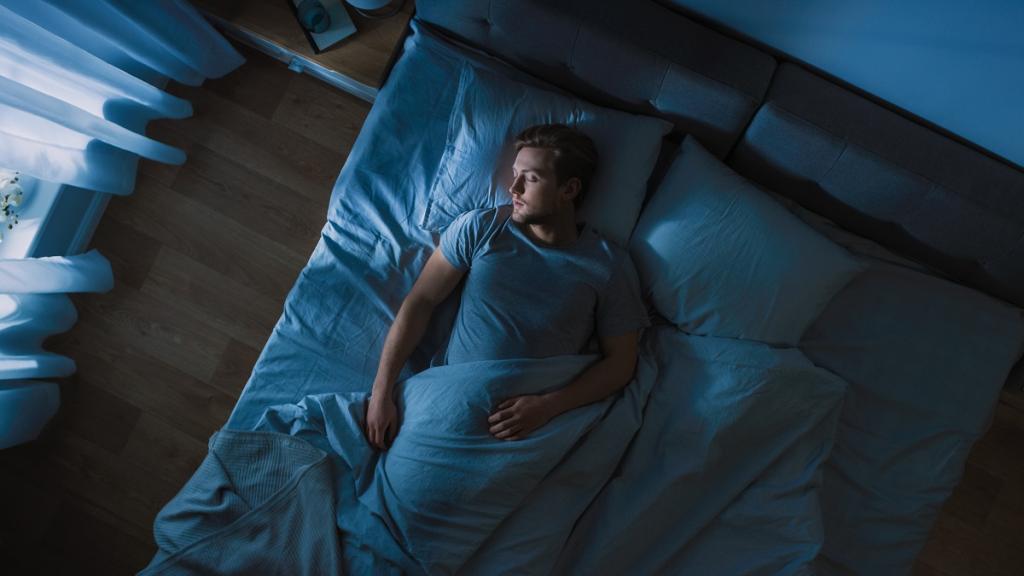Sleep Specialist

What does a sleep specialist do?
A sleep specialist helps to diagnose and treat various sleep disorders – insomnia, snoring, sleep apnea, excessive daytime sleepiness, sleep rhythm disturbances, and others.
Quality sleep is one of the main foundations of good health – it affects immunity, cardiovascular health, mood, and the ability to concentrate.
A consultation with a sleep specialist helps identify the cause of sleep problems and choose the most appropriate treatment method.
When should you see a sleep specialist?
You should visit a sleep specialist if you experience:
- Regular difficulties falling asleep or staying asleep;
- Fatigue, sleepiness, or concentration problems during the day;
- Loud snoring or episodes of stopped breathing during sleep;
- Night-time restlessness, anxiety, or nightmares;
- Morning headaches or persistent fatigue;
- Restless legs before sleep (discomfort in the legs that worsens before falling asleep and improves with movement).
Timely diagnosis of sleep disorders helps to prevent serious health problems – high blood pressure, heart rhythm disorders, and metabolic diseases.
Examinations and treatment
A sleep specialist performs a detailed evaluation of sleep disorders, which may include:
- Sleep consultation and medical history review;
- Lifestyle and sleep hygiene recommendations;
- Medication therapy, if necessary.
The doctor may recommend sleep studies (polysomnography) – overnight monitoring of breathing, heart rate, movements, and sleep phases; assess the need for and adaptation of CPAP therapy for sleep apnea; and recommend cognitive behavioral therapy for insomnia, among other treatments.
The treatment plan is developed individually, depending on the cause of the sleep disorder, age, health condition, and lifestyle.
How to prepare for a visit to a sleep specialist
To make your appointment effective:
- Prepare a sleep diary – record when you go to bed, when you wake up, and how you feel in the morning;
- Note your main symptoms (fatigue, snoring, shortness of breath, anxiety, etc.);
- Bring previous test results or medical reports, if available;
- If attending a sleep study, arrive well-rested and avoid caffeine during the day.
Common complaints seen by a sleep specialist
- Insomnia (difficulty falling asleep, frequent awakenings, early morning awakenings)
- Snoring and sleep apnea (breathing interruptions during sleep)
- Excessive daytime sleepiness
- Restless legs syndrome
- Sleep paralysis, nightmares, or disturbed sleep patterns
- Chronic fatigue, concentration, and memory problems
Sleep Specialist at “Anti-Aging Institute”
The Anti-Aging Institute offers sleep specialist consultations and diagnostic testing using modern technologies.
Our specialists work in collaboration with neurologists, pulmonologists, otorhinolaryngologists, cardiologists, and other experts to provide comprehensive treatment for sleep disorders.
Goal – to restore quality sleep, improve health, and enhance quality of life.
